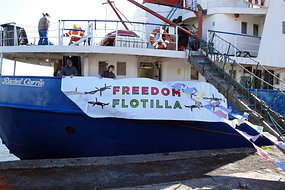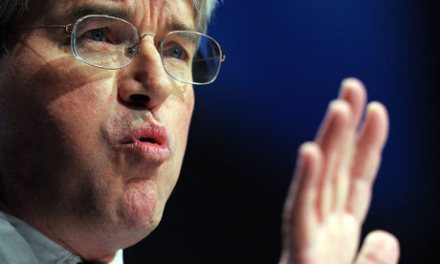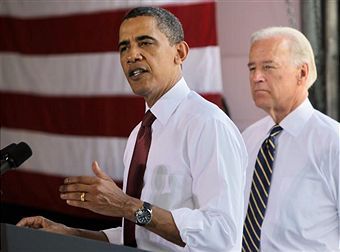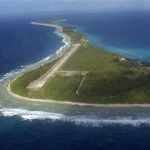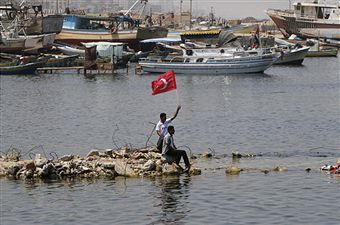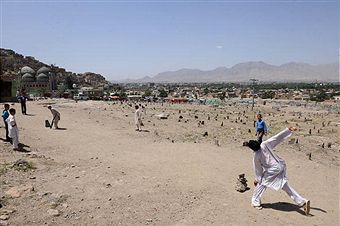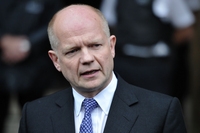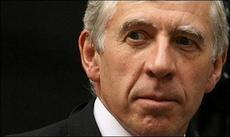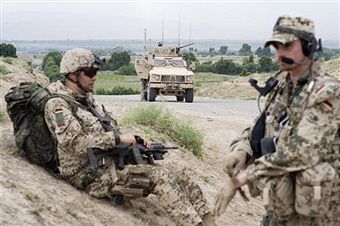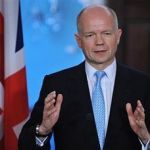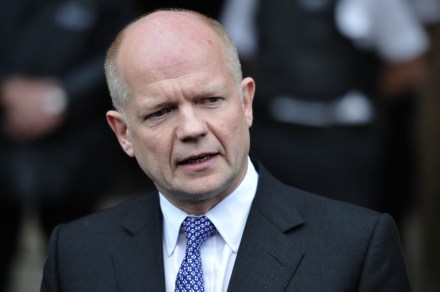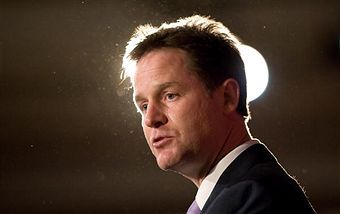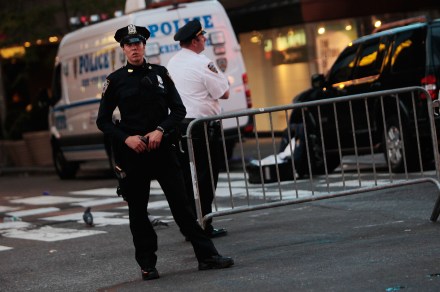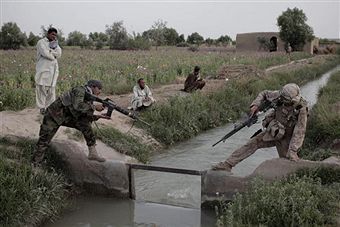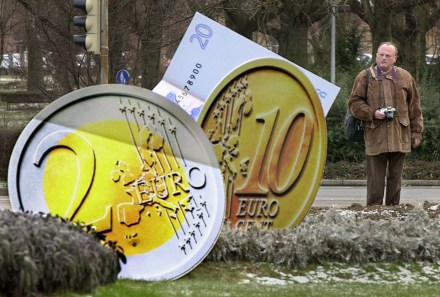The other Rachel
The boat the Israelis peacefully intercepted was called Rachel Corrie – named after a young American protester accidentally killed when offering herself as a human shield in Gaza. Her name became immortalised, some 30 songs have been written for her, a London play named after her and a film last year. But another Rachel, completely forgotten, is Rachel Thaler – a 16-year-old British citizen murdered by a Palestinian suicide bomber in 2002. Only one British publication has ever mentioned her: The Spectator. Here, below, is Tom Gross’ article from 22 October 2005: ‘Dead Jews aren’t news: British newspapers care greatly about some victims of the Israel army, says Tom Gross,
